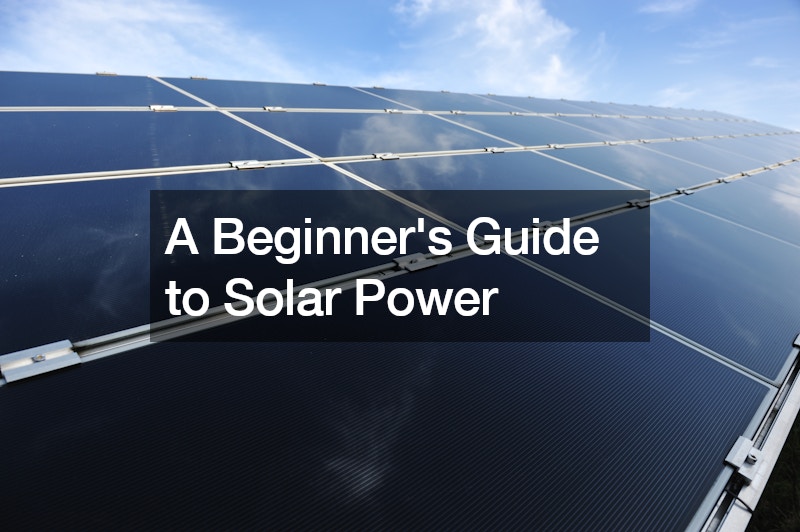
Harnessing solar power for your energy needs can be both exciting and rewarding. As a beginner, understanding the basics of solar power is essential to make informed decisions about adopting this renewable energy source. Solar power systems typically consist of photovoltaic (PV) panels, inverters, and mounting structures. PV panels convert sunlight into electricity, which is then converted from direct current (DC) to alternating current (AC) by inverters for use in your home or business.

When considering solar power, assess your property’s solar potential by evaluating factors such as sunlight exposure, roof orientation, and shading from nearby trees or buildings. Additionally, determine your energy needs and goals to size the solar power system appropriately. Before installing solar panels, it’s essential to conduct a site assessment and obtain the necessary permits. Hiring a reputable solar contractor can streamline this process and ensure compliance with local regulations.
Investing in solar power offers numerous benefits, including reduced electricity bills, a lower carbon footprint, and increased energy independence. Additionally, many governments offer incentives, rebates, and tax credits to encourage solar adoption, making it a financially attractive option for homeowners and businesses alike. As you embark on your solar journey, continue to educate yourself about solar technology advancements, energy efficiency measures, and best practices for maximizing the benefits of solar power. With careful planning and investment, solar power can provide a sustainable and cost-effective solution for meeting your energy needs.



